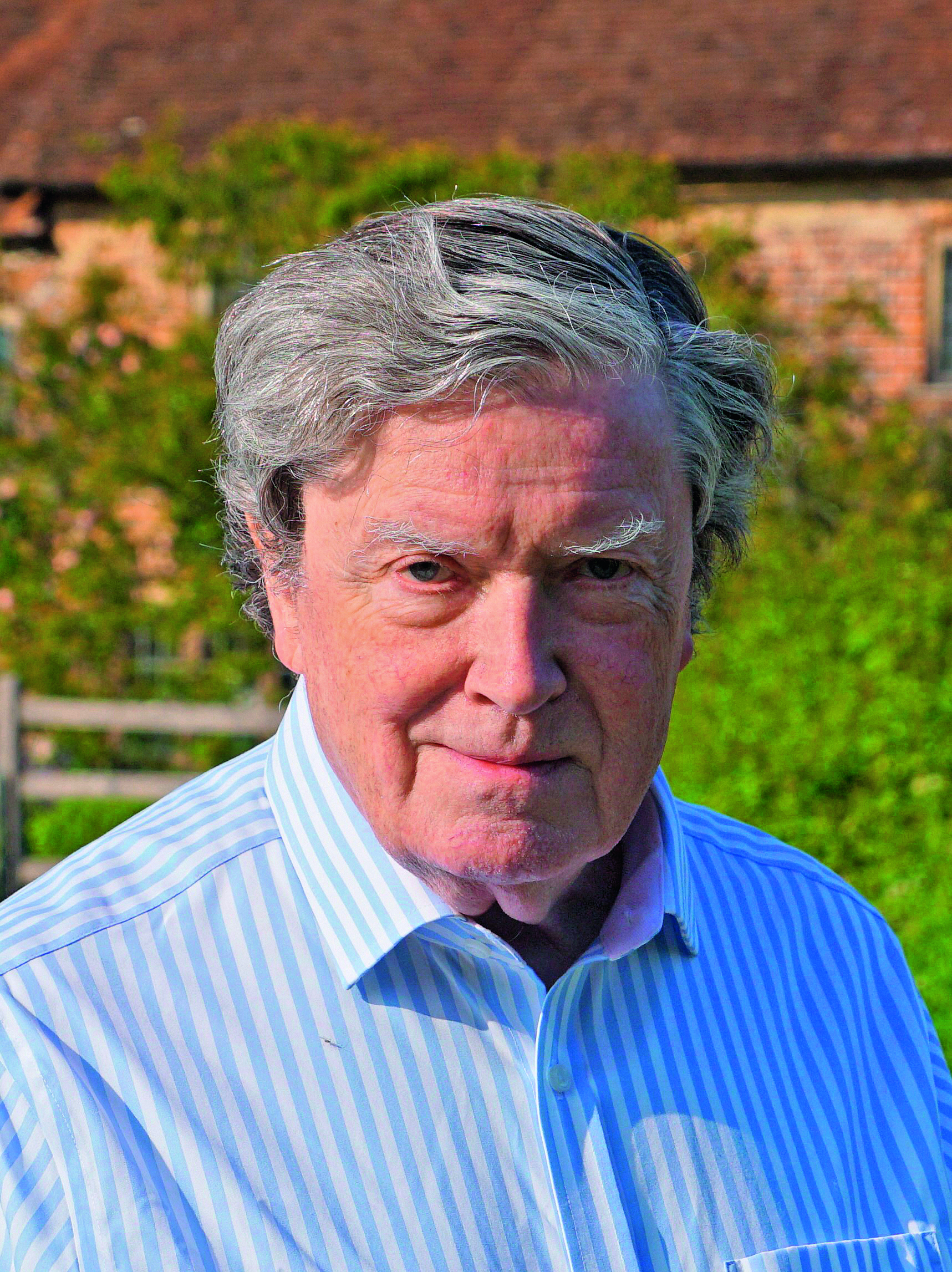Charles Quest-Ritson: 2020 was terrible in so many ways — but at least it was the best year I can remember for roses
Our expert columnist Charles Quest-Ritson — who literally wrote the book on roses — reveals that his 2020 crop was the greatest of his lifetime.

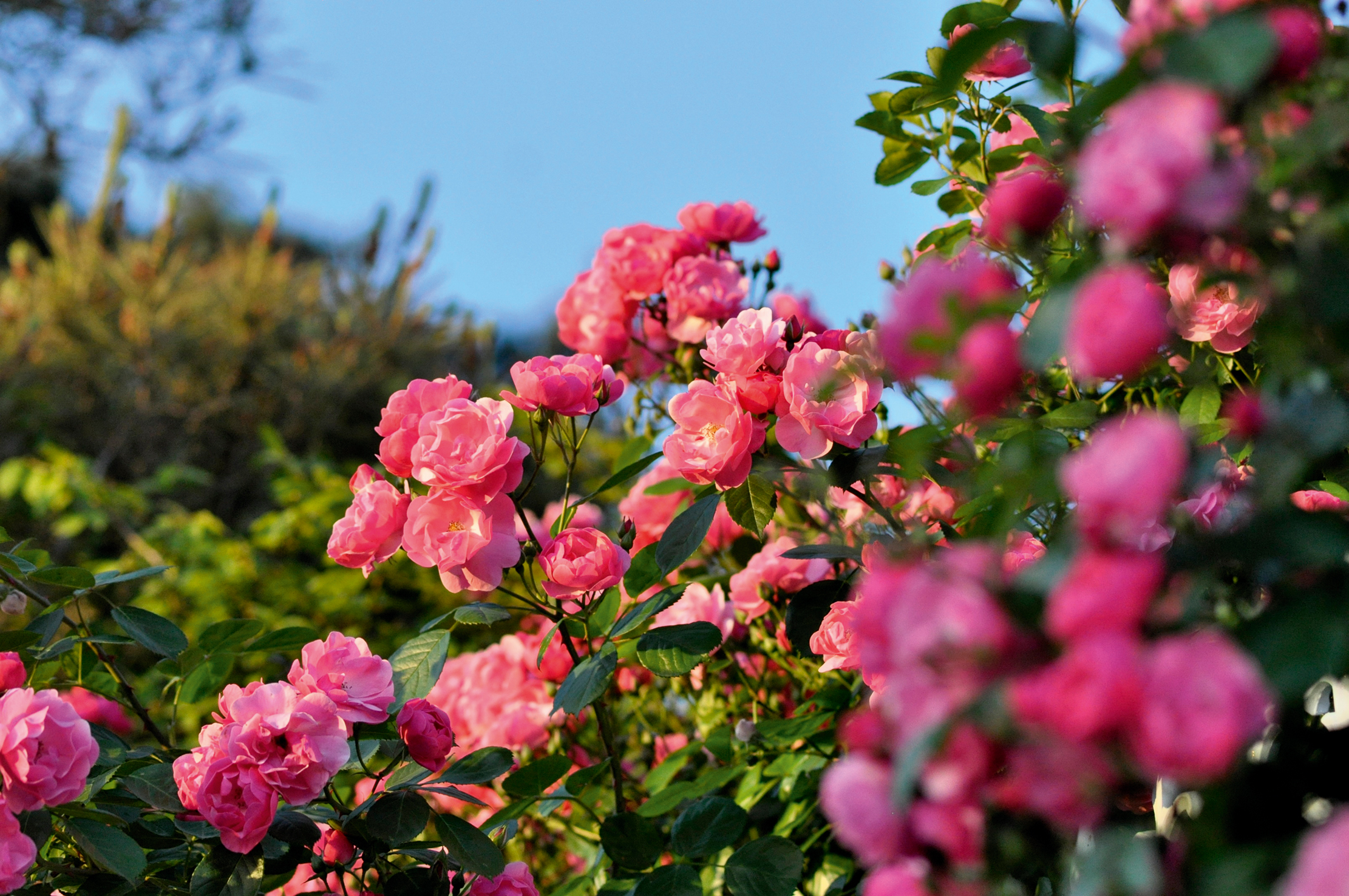
It has been an unusual year. One result of coronavirus was that many people we know got stuck into gardening. Some London friends want to live in the country and create a potager. Seed merchants ran out of vegetable and salad seeds in the early weeks of lockdown and the RHS boasts that, during that time, it had more hits on its website than ever before.
The main thing I learned when confined to base is that we rely too much on others to help us in the garden. We had no gardener, nor anyone to fell the dieback ashes and, for weeks, no contractor to cut the grass. I had to work hard (and failed) to keep the weeds under control, wasting time that I would rather have spent reading a book. We were not allowed to have friends and family to visit us either, so there was no one with whom to share our enjoyment of everything in flower.
There was a second useful lesson to learn, not from coronavirus, but from the weather: perfect gardens need perfect weather all through the year. The unpredictability of the English climate was what our 18th-century ancestors considered the making of our national character.
Other people are different. If you live in Russia, you can be certain that you will have snow for five months of the year, when you can catch up with drinking the vodka in your cellar. Or if you live in Sicily, you can be sure that summer will be your dormant season, when you can lie in the shade and do whatever makes you feel Sicilian.
But in England, we never know whether any day, whatever the season, will be freezing, windy, dry or simply muddy. Gardeners have to seize whatever opportunities the weather throws at them.
"My first lesson of coronavirus — don’t rely too much on others for help in the garden — was evidenced by the transformation of the croquet lawn into a hayfield and the smiles on the faces of weeds"
We had an extraordinary start to gardening in 2020. It was a hangover from the previous autumn, when October and November were the wettest ever recorded. Certainly, we needed the rain, because the summer of 2019 was unusually hot and dry. But I would never have predicted what followed, which was the mildest winter for many years.
Plants kept growing. The snowdrops flowered a whole month early. Narcissus February Gold, which, despite its name, is never in flower until March (except in London), opened up in January. Camellias, rhododendrons and magnolias all blossomed weeks before their due dates and our three large bushes of Rosa sericea flowered from mid March onwards.
Exquisite houses, the beauty of Nature, and how to get the most from your life, straight to your inbox.
The hot summer of 2019 meant that trees and shrubs ripened their wood and set lots of flower buds for spring and summer in 2020. We have never had such a good year for blossom on our apples, pears, plums and cherries. Meanwhile, the grass and the weeds went on growing. We realised that everything was much lusher than usual — the flowers were larger and the growth more vigorous. The third lesson we learned during lockdown, therefore, is that plants respond well to watering and to the absence of frost that would normally retard their progress.
Then the weather changed again and we enjoyed a long period of hot, dry weather all through May and June. We noticed that the roses, of which we have always grown too many, responded generously to the heat, opened their flowers wide and were of superlative quality — every one of them a perfect photograph. And, thanks to the late-autumn rains back in 2019, the individual blooms were much larger than normal. In short, 2020 was the best year I can remember for roses, as indeed it was for camellias and magnolias.
All this excitement took place in our French garden, in the Cherbourg peninsula, the granite soils and damp climate of which are the same as Cornwall’s. We were in the process of selling it when lockdown arrived. Completion was postponed, which meant that we (and not our purchasers) had all the benefit of the unusual sequence of weathers, but our wet autumn, mild winter and hot start to summer were shared with much of England.
Now we are back full time in Hampshire, where my first lesson of coronavirus — don’t rely too much on others for help in the garden — was evidenced by the transformation of the croquet lawn into a hayfield and the smiles on the faces of weeds in all the borders.
We’re getting on top of it at last and we’re hoping for another mild winter, which will allow us to continue working in the garden. Meanwhile, those memories of winter, spring and summer 2020 continue to warm our cockles. Yes, it’s been a difficult year, but there has also been much for which to give thanks.
Charles Quest-Ritson is the author of the RHS Encyclopedia of Roses
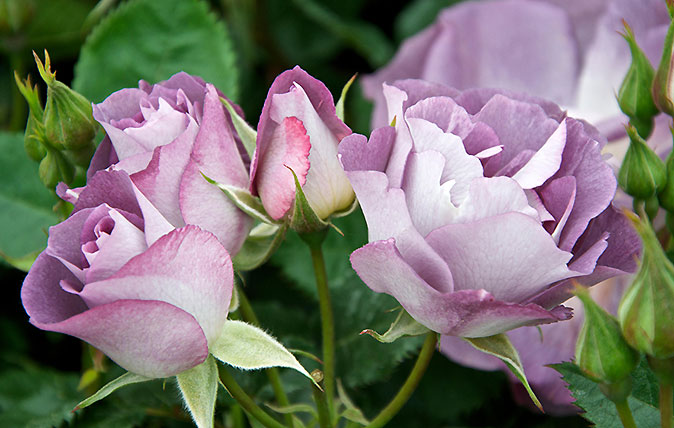
Ultimate guide to growing roses: What to plant, where to plant it, and why you really don’t need to prune
Charles Quest-Ritson, author of the RHS Encylcopedia of Roses, tells you everything you need to know about growing roses.
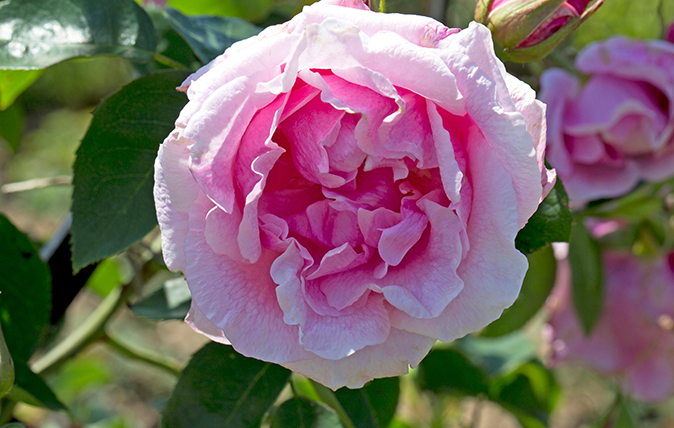
The true rose of St Valentine isn't actually red
In 1971 a Catalan rose-breeder called Pere Dot introduced a little pink Polyantha rose called San Valentin. Charles Quest-Ritson explores.
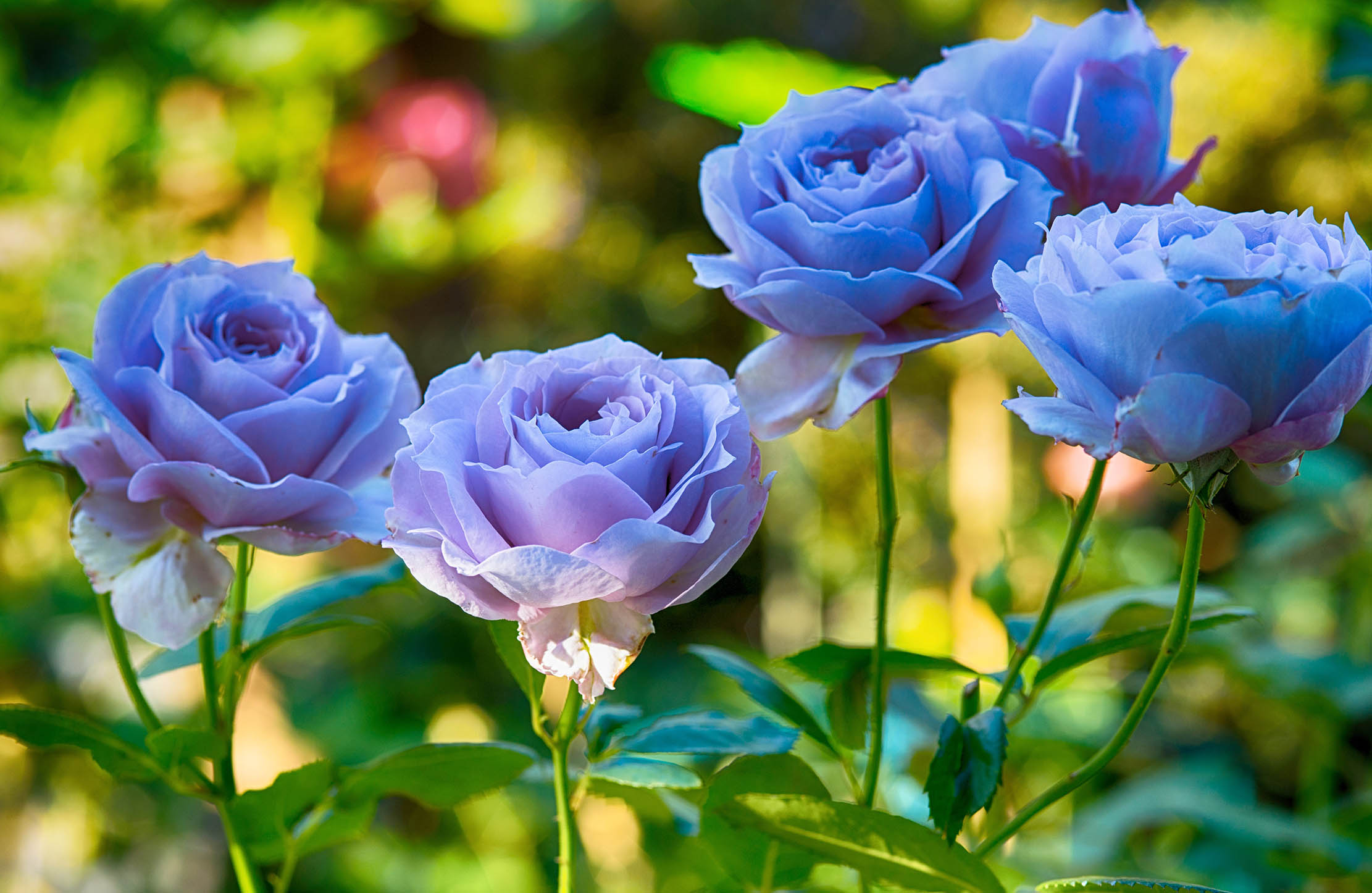
Curious Questions: Why is there no such thing as a truly blue rose? And will we ever have one?
Breeding a blue rose has long been the Holy Grail for plant breeders everywhere. Charles Quest-Ritson, author of the RHS
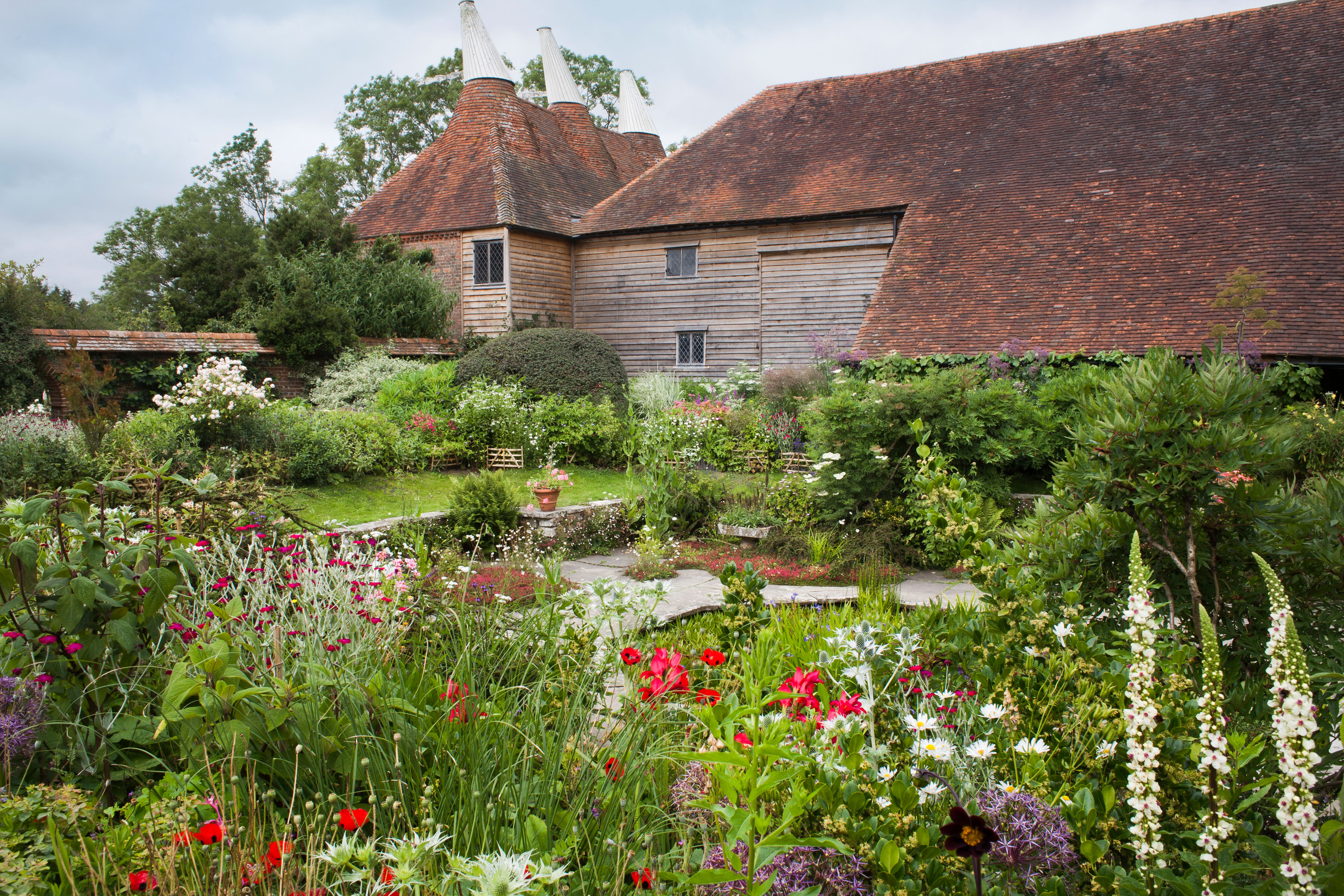
Charles Quest-Ritson: English gardens are the envy of the world, but the countryside is even greater
Reminiscing on an encounter with a group of garden tourists gives our columnist pause for thought about the nature of
Charles Quest-Ritson is a historian and writer about plants and gardens. His books include The English Garden: A Social History; Gardens of Europe; and Ninfa: The Most Romantic Garden in the World. He is a great enthusiast for roses — he wrote the RHS Encyclopedia of Roses jointly with his wife Brigid and spent five years writing his definitive Climbing Roses of the World (descriptions of 1,6oo varieties!). Food is another passion: he was the first Englishman to qualify as an olive oil taster in accordance with EU norms. He has lectured in five languages and in all six continents except Antarctica, where he missed his chance when his son-in-law was Governor of the Falkland Islands.
